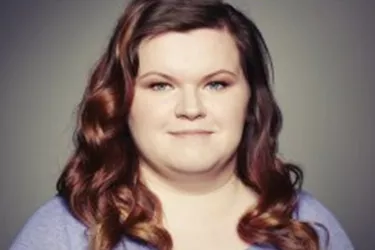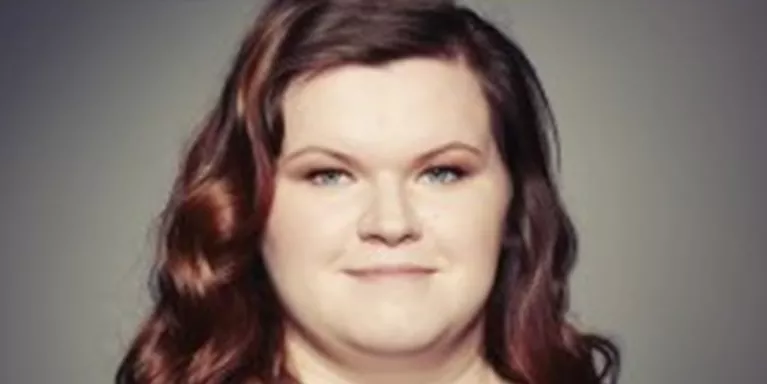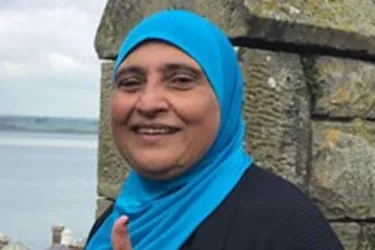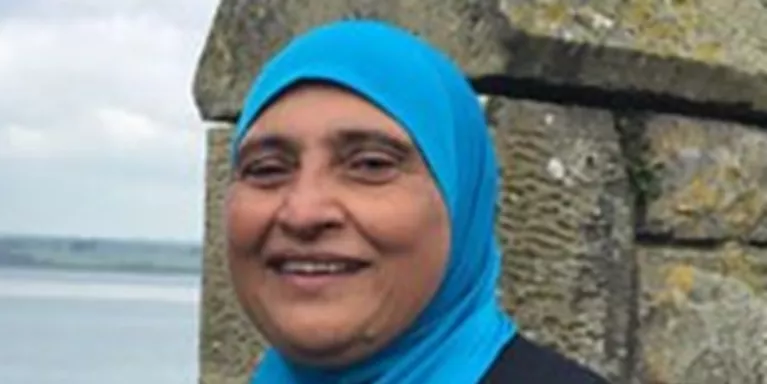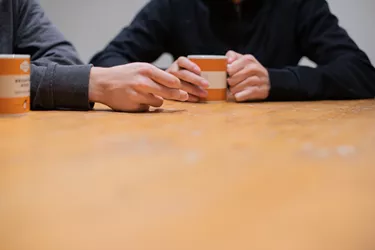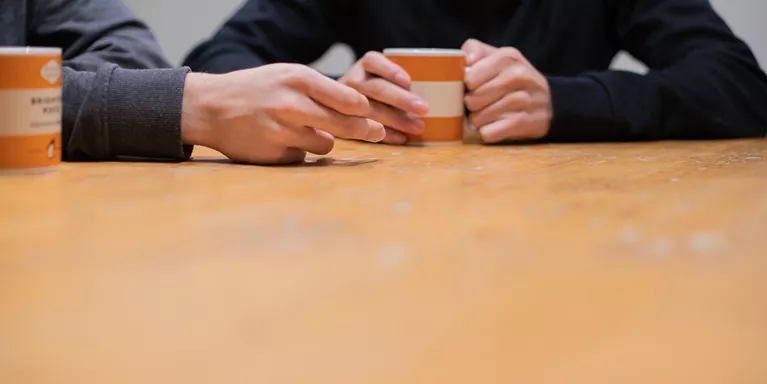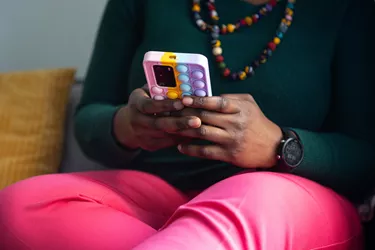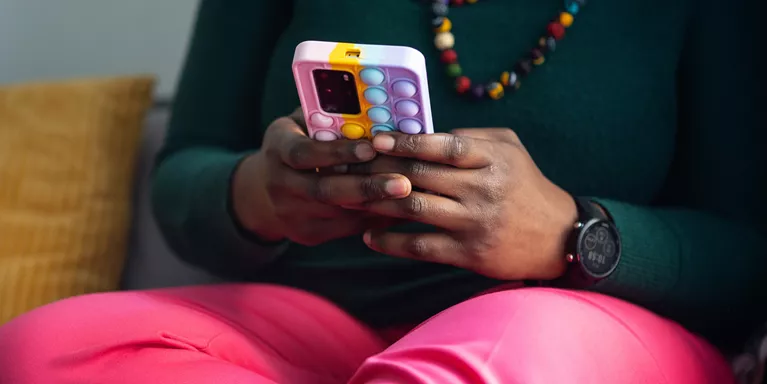Peer support has empowered me
Jane blogs about how working with women’s groups has given her a new self-belief.
Peer support has transformed my life.
The impact of trauma, drug addiction and domestic violence had a huge impact on my mental health
I heard about the women’s theatre group Clean Break when I was in rehab in 2011. Clean break, which was founded 40 years ago by two women in prison, has been a lifesaver for me. Although I was clean, the long-lasting impact of trauma, drug addiction and domestic violence had a huge impact on my mental health. I’d lost all my confidence and had very little self-worth.
I completed a beauty course and enjoyed it so much that I went back to college to do a course in beauty therapy. But I was going through a really difficult time, which resulted in me becoming homeless and again losing all my support networks. This was when I relapsed in my recovery after eight years.
I’ve experienced mental health problems for a long time. Some of It was family related due to emotional neglect and drinking problems from my Dad and abuse from my brother. This resulted in me taking drugs and developing a drug addiction throughout my twenties.
Although my diagnosis is depression and anxiety, earlier trauma has left me with many of the debilitating symptoms of PTSD. Luckily, I was able to go to rehab and received support to get clean from drugs, at the time drugs – were the only way I could self-medicate to get away from the pain. I went through the NHS’s psychological services ( Improving Access to psychological therapies – IAPT). It was helpful to an extent, but the therapy is too short term so didn’t really address the trauma I’d experienced.
In 2019, I went back to Clean Break – I’d lost everything and thought It was the only place that might be able to help, when other statutory support had fallen through. I also joined Clean Break’s Women Side by Side – funded by Mind and Agenda. I’d done skills-based courses, but what I realised I needed was the emotional support from people with shared experiences. That’s why peer support is so important. As part of this wellbeing group, I was also offered a weekly counselling session – I found this a lot more helpful than the sessions offered through IAPT purely because it felt continuous, and not trying to rush you through without addressing the trauma underneath.
My Women Side by Side group was led by a female drama therapist who would suggest a theme for the term, which lasted eight weeks. Themes included things like trust or coming home for women who had been in the criminal justice system or coming back to an abusive home. There would also be a guided mindfulness session, which was really relaxing and helped members feel safe to share with the group. Little things like this make you feel safe and more comfortable.
Through the peer support group, I saw a way of healing. A way of coming together with other women
For the first time through the peer support group, I saw a way of healing. A way of coming together with other women and healing through drama and singing. A lot of the women have experienced domestic violence or child abuse – so having groups for and by people who identify as women makes the women feel safer. I don’t think they would open up if it was men. We also talk about the criminal justice system. I believe rather than criminalising women for shoplifting there should be more focus on keeping people in society and helping them.
I’m really missing the face-to-face contact and benefits that I get from attending the session because of the pandemic. It’s not just the group but also being able to share meals and go to theatre trips with other women, and sharing similar experiences. I understand why these measures had to happen but the knock-on effect on people’s mental health can’t be underestimated. I just need to see supportive, positive, people because my mental health has plummeted so much. I had to move in with my parents who are 78 and they are both high risk. It’s been really tough. This is why I need to get my own place and sort my housing problems out, because I love my parents, but I can’t stay here. I’ve been in some dark places. Repeatedly I keep checking the website or news to see when are things going to open.
I really believe services need to be more joined up. For example, I went to rehab and got lots of support for my drug addiction, which will have cost lots of money, but then because rehab isn’t joined up with housing all of my housing problems led me to relapsing. If housing was joined up with the NHS, then people would have a much better place to go to and be able to rebuild their lives. I’m still fighting for my housing. They spent all this money to get me clean and then it was wasted because I relapsed.
But I’m trying to focus on the positives – the confidence I have gained from working with Clean Break and Women side by side.
Seeing someone else who had experienced many issues leading a session inspired me to do the same
Peer support really does work. The proof came when we felt empowered to lead our own session with other members. One member taught us all about headwraps, their importance and how to do them. We all learnt together. Seeing someone else who had experienced many issues leading a session inspired me to do the same. Remembering the skills I had learnt from my beauty course I led a session about hand massages and taught everyone how to do it. It’s about bringing confidence to other women, something you don’t get in clinical sessions even groups.
I’ve turned up to that group in a really bad place, finding it hard to see a future, but once I’m there, I’m able to be myself. I can’t wait till we can all get back together to share our experiences and start empowering each other again.


Information and support
When you’re living with a mental health problem, or supporting someone who is, having access to the right information - about a condition, treatment options, or practical issues - is vital. Visit our information pages to find out more.
Share your story with others
Blogs and stories can show that people with mental health problems are cared about, understood and listened to. We can use it to challenge the status quo and change attitudes.










